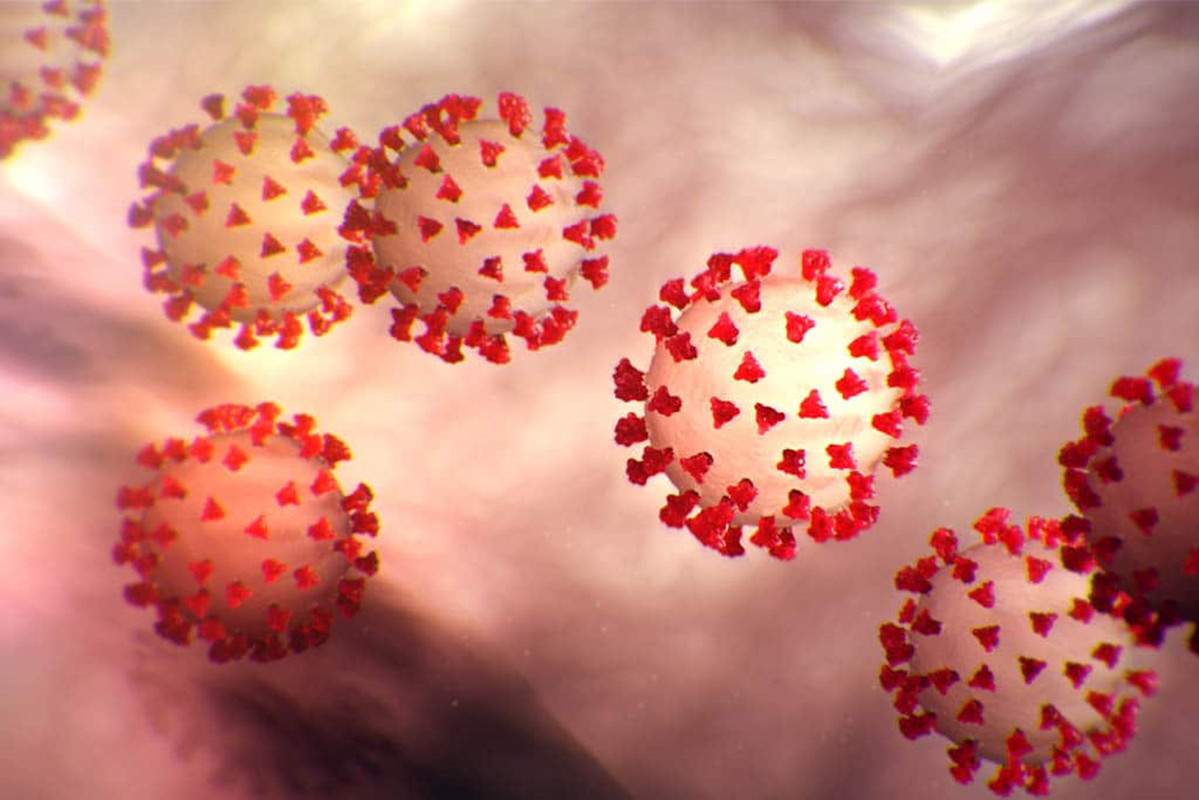Battered by virus, Washington state rallies to respond
By LINDA DENG in Seattle | China Daily Global | Updated: 2020-03-23 23:25

"Where Passion and Care Live'' reads the headline on the website of the Life Care Center in Kirkland, Washington.
The website had a note posted on Friday afternoon that concluded:
"Thank you for entrusting your loved one to our care, and thank you for your understanding and patience as we navigate unchartered waters together.''
The note was a statement about the coronavirus situation at the facility in the Seattle suburb of Kirkland.
As for the "unchartered waters'', they started on Feb 19, when Life Care sent a patient to the Evergreen Health hospital in the same city. The patient would become the first resident of the facility to be tested positive for COVID-19.
In the days that followed, the hospital noticed a large cluster of patients from Life Care with similar symptoms. On Feb 29, the first death from COVID-19, a patient at Evergreen Health, was reported.
On the same day, Jeffrey Duchin, the chief health officer for Seattle and King County, announced at a news conference an outbreak of COVID-19 at Life Care.
"My first response was alarm as this virus seemed to be more centered in China and it was somewhat shocking that the virus seemed to appear, almost overnight near our city,'' Craig Whitfield, a physician's assistant who works for a local clinic in Seattle, told China Daily.
Last month, the Life Care Center with 120 residents and a staff of 180 became the nation's largest source of COVID-19 fatalities. As of March 18, at least 81 have tested positive for the virus, and of those, 34 have died, as well as a visitor.
The number of coronavirus cases in the state continued to rise on Saturday: 11 more deaths, bringing the statewide total to 94, and 1,793 confirmed cases.
Since the outbreak, Mahlon Meyer, a journalist and teacher at an assisted-living home in Newcastle, said he has been very concerned about the residents in that retirement center.
"Some of them are in their 80s and 90s. They might be vulnerable. I kept checking to see if everyone is OK," Meyer said.
But what Meyer didn't expect was how widespread the virus would become in the state and the impact it would have on residents' lives.
"It is strange to walk outside and imagine that there is something invisible floating in the air that could kill you. It is a very strange situation. Yes, I must admit, probably like other Americans, I always felt that the problem was far away," Meyer said.
Alarmed by the speed of the spread of coronavirus, Governor Jay Inslee first issued a proclamation, requiring long-term care facilities to limit visitors and screen workers.
Big companies in the Seattle area acted.
On March 4, Amazon, with more than 53,500 employees in the region, asked employees at its Seattle headquarters and Bellevue offices to work from home. The company acted one day after an employee at one of its Seattle offices tested positive for the coronavirus.
Then Microsoft and many big technology companies in the state followed suit, asking employees to work from home. Microsoft, with headquarters in Redmond, has 51,854 employees in the state.
The state soon began widespread school closures. Inslee ordered all private, public and charter K-12 schools in King, Snohomish and Pierce counties to be closed from March 17 to April 24.
There is no exact number of the schools that have been closed because districts continue to add schools. But the six-week closure will affect at least 600,000 children.
Inslee signed an order on March 16 that shut down restaurants, bars, dance halls, clubs, theaters, health and fitness clubs, and other similar indoor social or recreational venues until March 31. Restaurants are limited to takeout, grab-and-go and delivery.
The state has restricted the number of people at public gatherings, and entertainment and recreation places are closed statewide. Like all Americans, residents have been asked to practice "social distancing'' – stay at least 6 feet from another person.
"We have seen what has happened in Italy, watching their medical infrastructure break down with multiple fatalities, surpassing China,'' said Whitfield. "The good thing is our local government seems to be taking the lead in trying to avert the pandemic and protect our healthcare workers."
While coronavirus testing is limited in other parts of the country, it has expanded rapidly in the Puget Sound region since March 4, when UW Medicine and other nongovernmental labs were allowed to test. Drive-through test sites also have been set up in the state.
To be prepared for an increase in coronavirus patients, King County, the state's most populous, is setting up field hospitals at multiple locations. They will provide 3,000 hospital beds.
Providence Regional Medical Center in Everett, which reported the first US coronavirus case on Jan 21, has developed and launched a program by which coronavirus patients are sent home with equipment that allows nurses to monitor them remotely.
But healthcare workers say they need protective gear.
Gloria Brigham, director of nursing practice with the Washington State Nurses Association, told The Seattle Times that caregivers have been reusing disposable masks, tucking them in paper bags at the end of a shift for use the next day.
Local communities have tried to help by searching for resources in both the US and other countries, as well as collecting and donating their own supplies to the hospitals.
Libby Calovich from the Seattle Children's Hospital told television station KOMO news last week that there has been overwhelming response.
"We are so grateful to them, particularly the local Chinese community, which has come out in waves. We have received tens of thousands of masks already in just the last few days," she said.
























